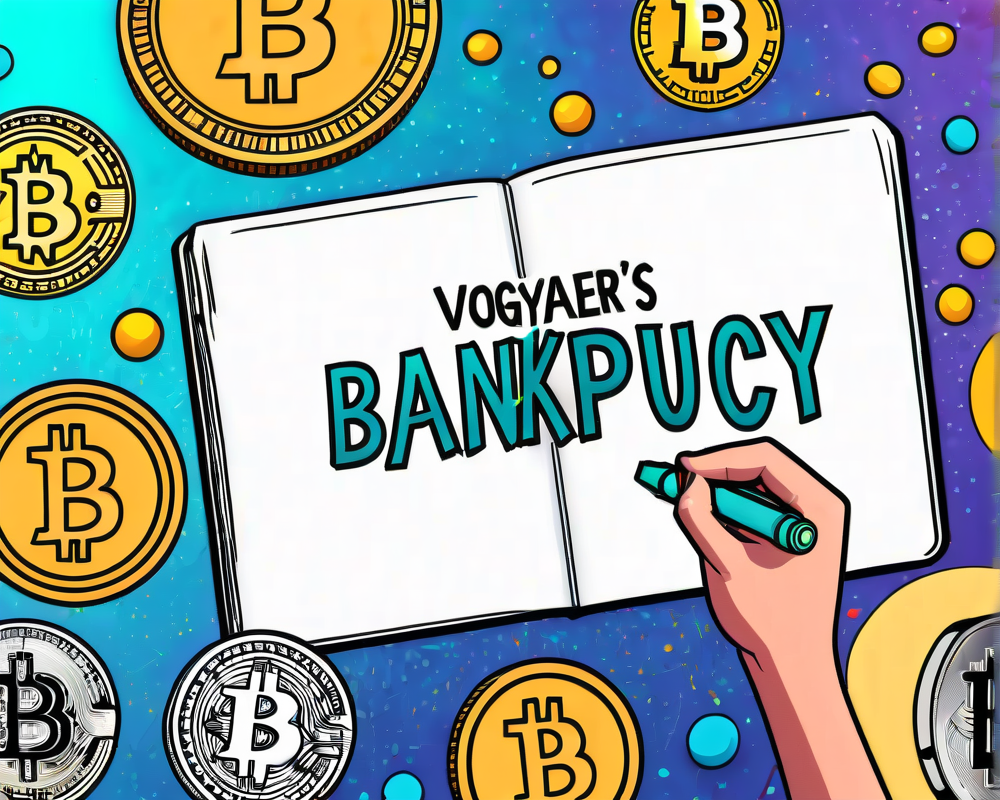Is Blockchain as Secure as We Think?
According to a thought-provoking editorial by Stuart Madnick, a professor at MIT, the once-holy grail of security that blockchain technology is often touted to be might not be as impenetrable as many believe. Drawing from a forthcoming study that analyzes 72 security breaches in blockchain systems from 2011 to 2018, Madnick sheds light on what he terms ‘vulnerabilities on parade,’ where the very strengths of blockchain may expose its weaknesses.
The Study’s Findings
The MIT study developed a detailed taxonomy of vulnerabilities, helping us understand why blockchain isn’t the digital fortress it’s made out to be. Here are some of the major vulnerabilities they identified:
- Transparency: Sure, everyone loves a little peek behind the curtain, but that transparency can also serve as an open invitation for hackers. If bad actors can see how the system operates, they can exploit potential flaws faster than you can say ‘cryptocurrency.’
- Distributed Control: Unlike traditional systems that have central points of control (think your neighborhood supermarket), blockchain’s decentralized setup can lead to chaos if something goes awry. For example, during a flash crash in stocks, a centralized system can press pause. But if a blockchain is hit? Good luck shutting it down!
- Anonymity: Although anonymity is a draw for many, it has its drawbacks. If you lose access to your account’s key, you might as well be locked out of Fort Knox. This anonymity is particularly beloved by those in shady dealings, like ransomware transactions.
The Human Factor
The professor concludes with a sobering reminder: human decisions significantly impact the overall security of blockchain systems. Even with fencing, if the dog isn’t trained to bark, the intruders will surely dance right in!
Blockchain’s Potential from a Different Angle
Against the backdrop of security concerns, there remains a beacon of hope. Sheila Warren, head of Blockchain and Distributed Ledger Technology at the World Economic Forum, suggests that blockchain could bolster trust in institutions. She posits that by providing access to auditable information, blockchain might just revive faith in the very establishments that serve us.
“This technology could provide access to information that could enable third parties or other groups to actually come in and conduct audits.” – Sheila Warren
The Bottom Line
The conversation surrounding blockchain security is just heating up. While it undeniably brings advantages in terms of encryption and decentralized power, we must navigate the landscape of potential vulnerabilities with caution. Technology is only as secure as its users — and we all know how tricky humans can be!




